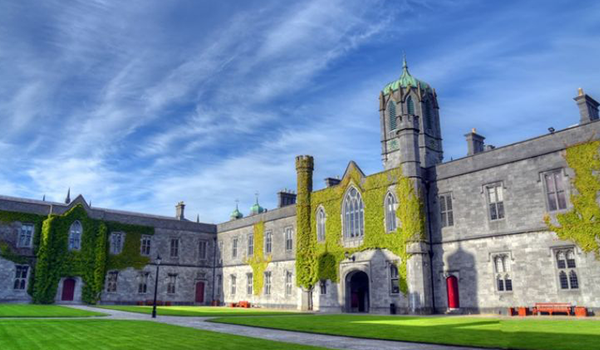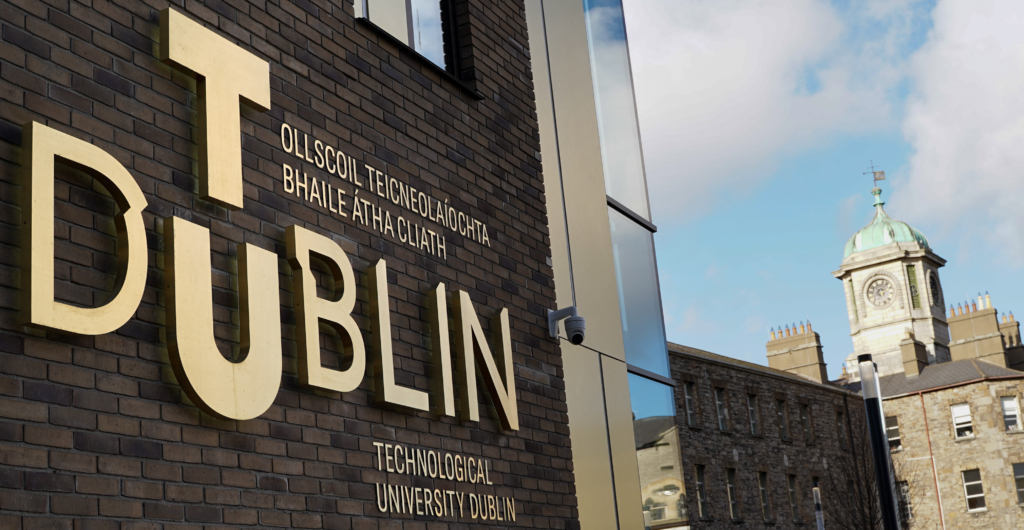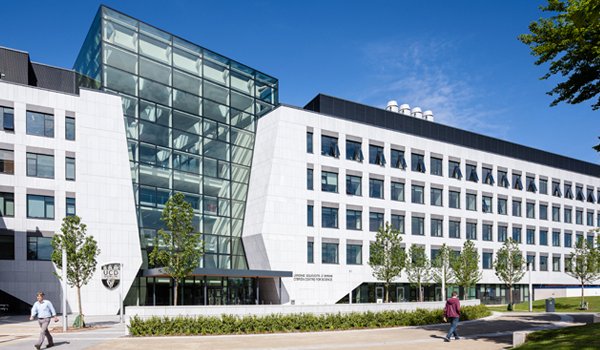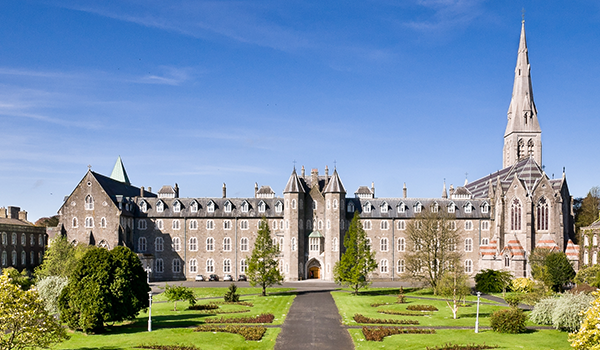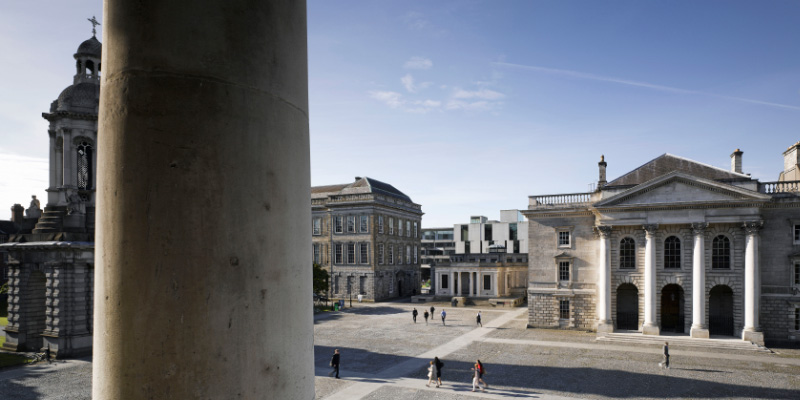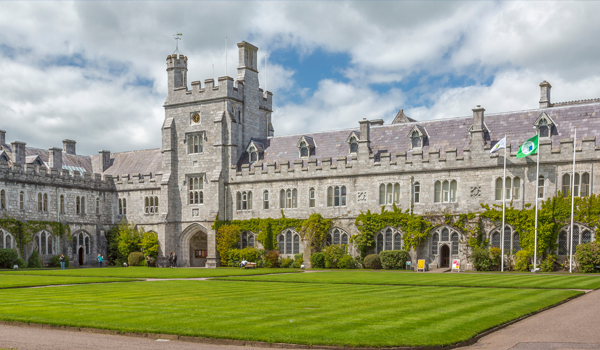Why Ireland?
Ireland consistently places among the TOP 10 IN THE WORLD ON INTERNATIONAL RANKINGS of countries’ quality of life, peace, and human development.
Ireland ranks among the WORLD’S TOP 10 MOST COMPETITIVE COUNTRIES and has a highly sophisticated business infrastructure including the European headquarters of the world’s largest technology firms (e.g., Google, Facebook, and eBay).
International students are attracted to the WELCOMING VISA AND IMMIGRATION ENVIRONMENT in Ireland. Under the Third Level Graduate Scheme, masters and postgraduate students can work for two years after they graduate.
The higher education system in Ireland is robust, with GLOBALLY RANKED UNIVERSITIES renowned for research output.
To find out more about what it is like to live and study in Ireland you can visit: WWW.EDUCATIONINIRELAND.COM
About Ireland’s Education System
Ireland’s higher education system is among the best in the world, according to the IMD World Competitiveness Yearbook. The system is especially known for being responsive to labour market needs, ranking 1st in the world for producing graduates for a flexible and adaptable workforce, and 5th for the ability of its education system to meet the needs of a competitive economy.
Over 1 in 10 full-time higher education students in Ireland are international students. Of these, three-quarters are from outside the European Union, leading to a healthy diversity of cultures on Irish University campuses. To help all of these students adapt to life in Ireland, Irish Universities have dedicated international offices to help foreign students adjust to Irish academics and culture and to encourage their participation in campus clubs and societies.
There are eight universities in the Irish Universities Association (IUA). All eight IUA member universities are placed highly in international rankings and are among the top 3% of research universities in the world in terms of research impact in major fields.
PhDs in Ireland typically takes 4 years full-time to complete while masters can take between 1 to 2 years depending on the type of programme. In research programmes, students complete a graduate research project under the supervision of a senior academic while also receiving training throughout the course of their degree in research skills and professional development. For taught programmes, students follow a structured timetable and a series of lectures, tutorials and seminars in conjunction with a research project module that runs throughout the programme.
How to Apply
In order to be eligible for an ANID—IUA scholarship, applicants must first apply to, and receive an offer letter from, an IUA member university. Links to the Graduate Studies Offices of our member universities are available below. These offices will take you through how the application process works at each of our member universities. Applicants should keep in mind that it can take several weeks for a complete application to be processed.
Once you have your offer letter, you can then apply to ANID for a scholarship under the ANID-IUA scheme. To apply for the scholarship, you need to register on ANID’s application portal and follow the steps for the application process. If you are successful in your application, you will be contacted ANID in relation to your scholarship and the IUA will organise your tuition fee waiver.
The application window for the scholarship programme can be seen here.
Dublin City University
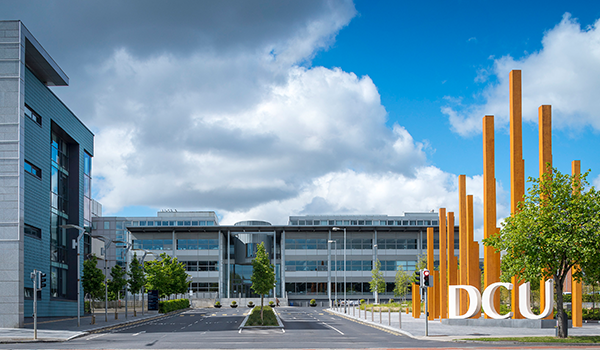
- Graduate Studies Office
- Find a supervisor above
NUI Galway
Technological University Dublin
University College Dublin
Maynooth University
Trinity College Dublin
University College Cork
University of Limerick
Frequently Asked Questions
There are two main types of masters degrees in Ireland: Taught Masters degrees and Research Masters degrees. Most taught masters degrees last for one year and usually include a large taught component in conjunction with a research project. Research masters degrees, by comparison, usually last two year and have a much stronger focus on the research project compared to taught programmes.
The English language requirements for your degree are determined by the Irish higher education institution in which you will be enrolled for the research master’s or PhD.
No, unfortunately, only applicants applying to study during the call year are eligible for a scholarship.
Visa Information
Applicants who have a Chilean passport do not need a visa to enter Ireland. On arrival, you will get a temporary immigration permission valid for up to 90 days stamped in your passport. You must register with the Irish Immigration Service within the timeframe stamped on your passport in order to obtain an Irish Residency Permit (IRP) card which provides permission to remain in Ireland beyond the date stamped on your passport.
Further Information
To learn more about higher education in Ireland, check out https://www.iua.ie/for-students/international-students/#
For general information on the terms of the ANID-IUA scholarship programme, visit https://www.conicyt.cl/becasconicyt/
